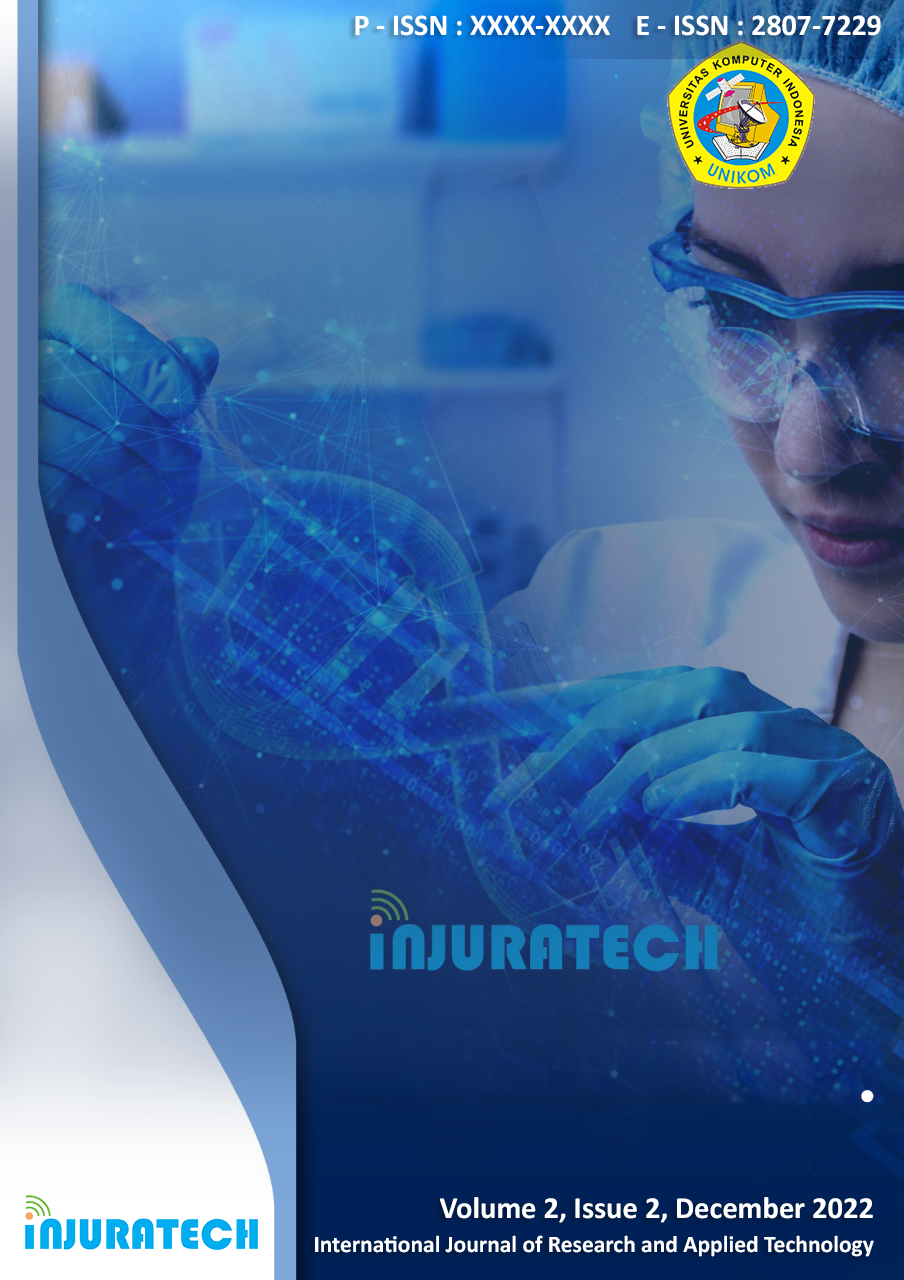The Systematic Literature Review of the spiral development model: Topics, trends, and application areas
DOI:
https://doi.org/10.34010/injuratech.v2i2.8372Keywords:
Software Engineering, Spiral Model, SLRAbstract
The spiral model is one of the methods used to perform software engineering development and can also be used for development in other fields. This spiral model is the result of a modification from the combination of the waterfall model and prototyping model so that it has many advantages including in each result an evaluation will be carried out, carried out sequentially or systematically, and is more focused in carrying out risk analysis from each stage. Has a function in development to make changes, additions and developments by determining accuracy and speed based on needs. In its implementation the spiral model has been carried out in various fields, but the results of the implementation are not yet known in what scope and how many implementations each year. This study aims to identify the results of the implementation of the spiral model development with data obtained from related papers in the 2012-2022 range. The method used in this study is the Systematic Literature Review (SLR) with the aim of identifying, reviewing, evaluating, and concluding all research on each relevant paper. The results showed that the spiral model development was mostly implemented in software development with a total of 19 papers and in the education sector as many as 17 papers, while the peak of the spiral model development was mostly implemented in 2016 and then increased again in 2021












